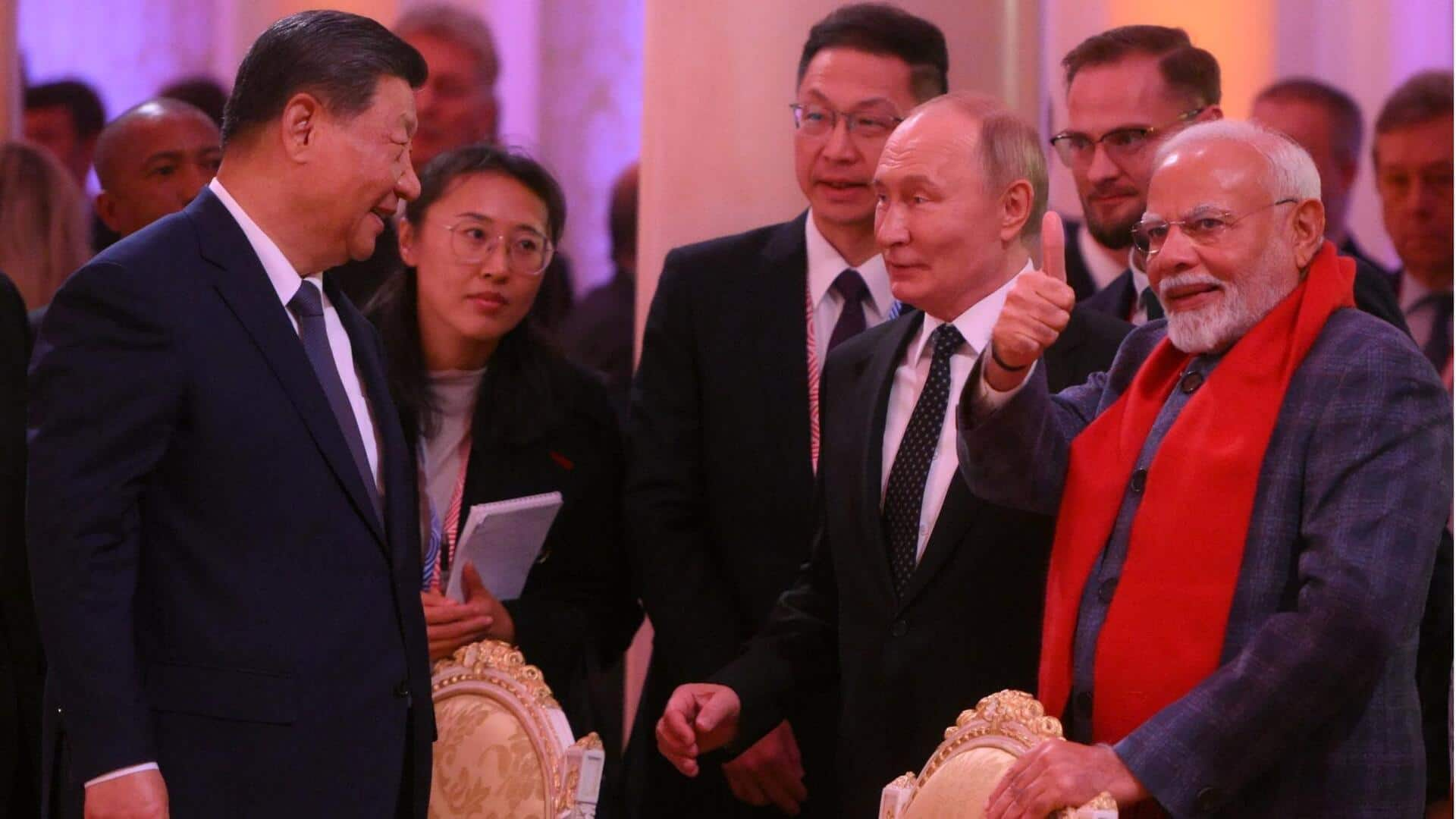
BRICS expands: Which countries joined, which want to
What's the story
The informal grouping of Brazil, Russia, India, China, and South Africa—BRICS—has expanded its membership to include Egypt, Ethiopia, Iran, and the United Arab Emirates. The expansion came after a formal invitation was extended during a summit in Johannesburg in August 2023. Initially, six countries were invited: Argentina, Egypt, Iran, Ethiopia Saudi Arabia, and the UAE. However, Argentina declined after President Javier Milei took office, choosing instead to strengthen ties with Western nations.
Global impact
BRICS's global representation and economic significance
Founded in 2009, BRICS was launched to counter a US-led world order and its Western allies. The grouping is not a formal multilateral body like the United Nations (UN) or World Bank. It meets annually with a rotating chairmanship among its members. With its new members, BRICS now represents roughly 3.5 billion people or 45% of the world's population and its economies are worth over $28.5 trillion, nearly a third of the global economy.
Membership appeal
Growing interest in BRICS membership
Several other countries have also shown interest in joining BRICS, including Malaysia, Thailand, Turkiye, Algeria, Bolivia, Cuba Democratic Republic of Congo Comoros Gabon Kazakhstan and Vietnam. Turkiye officially applied for membership in September 2023 as it hopes to increase its global influence and economic ties with Russia and China. Malaysia hopes to use BRICS to expand its digital economy by integrating with strong digital markets in the bloc.
Global shift
BRICS expansion signals shift in global order
The expansion of BRICS is viewed as a reflection of developing countries' discontent with the existing world order led by Western powers. This feeling was intensified during the COVID-19 pandemic when wealthier nations hoarded vaccines. Tara Varma of Brookings Institute observed that many nations are willing to go to Russia, "deemed a pariah state...., confirms a trend followed by an increasing number of countries in the world." "They don't want to have to choose between partners," Varma told Al Jazeera.
Western reaction
Western response to BRICS's expansion
Experts say that the West sees this expansion as a possible challenge to established financial systems and geopolitical influence. Brookings Institute's Asli Aydintasbas noted that middle powers are willing to align with Russia and China for a more fragmented world order. However, Western leaders have downplayed BRICS's expansion as a geopolitical threat. White House National Security Advisor Jake Sullivan said BRICS isn't seen as a rival, while Treasury Secretary Janet Yellen dismissed concerns over de-dollarization strategies by Russia and China.